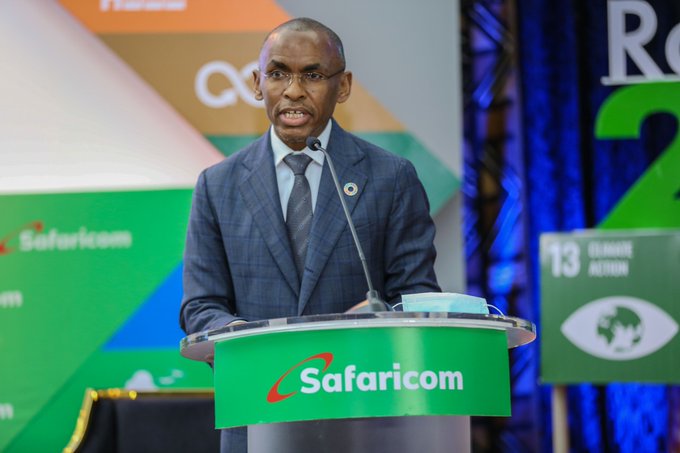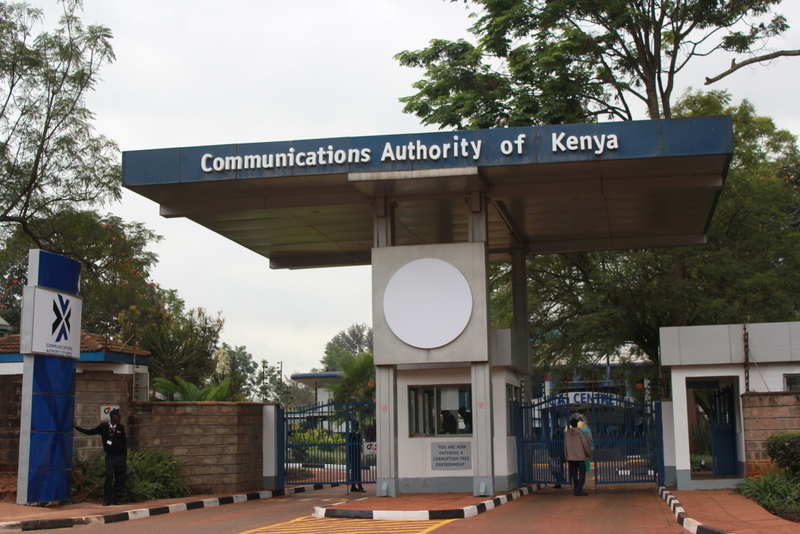
Safaricom Seeks Approval from CAK to Build Its Own Submarine Internet Cable

Safaricom, Kenya’s leading telecommunications company, is seeking approval from the Competition Authority of Kenya (CAK) to build its own submarine internet cable, according to a report published by Business Daily on January 28, 2025. This bold step highlights Safaricom’s commitment to enhancing Kenya’s digital infrastructure and improving internet services for its customers.
The Role of Submarine Internet Cables
Submarine internet cables are fiber-optic cables laid on the ocean floor, which carry nearly all internet traffic in the world. By that fact alone, these cables form the critical link that enables high-speed connectivity between different countries and continents. Currently, Kenya is connected to undersea cables such as SEACOM, TEAMS, and the PEACE cable.
By owning its own cable, Safaricom seeks to cut reliance on existing providers, enhance connectivity speeds, and build redundancy for users.
Why Safaricom’s Move is Significant
- Faster and More Reliable Internet: Safaricom’s investment promises to boost internet speeds and reduce downtimes, benefiting businesses, startups, and everyday users.
- Lower Costs: Owning a cable eliminates leasing fees paid to third-party providers, which could lead to more affordable internet for consumers.
- Enhanced Network Control: Safaricom will have greater control over its infrastructure, improving security and resilience.
Competition Heats Up: Enter Starlink
Safaricom plans to set up the submarine cable at a time when SpaceX’s Starlink is offloading satellite-based internet onto the Kenyan market. The fame of Starlink is especially appealing to far-flung and underserved areas, which other internet providers have struggled to offer coverage.
While Starlink focuses on satellite technology, submarine cables have remained vital in handling volumes of data, especially in cities. The move by Safaricom is strategic to retain dominance and keep it competitive in the changing dynamics within the internet landscape.
What Consumers Can Expect
The combination of Safaricom’s submarine cable and Starlink’s satellite internet promises a new era of connectivity in Kenya:
- Faster Speeds: Safaricom’s infrastructure will enhance urban and business-focused connectivity, while Starlink offers high-speed internet to rural areas.
- Better Reliability: With reduced reliance on third parties, Safaricom can address service disruptions more efficiently.
- Competitive Pricing: Starlink’s entry introduces healthy competition, potentially driving down costs for consumers.
The CAK Approval

Safaricom’s project hinges on approval from the Competition Authority of Kenya. This ensures the initiative aligns with fair competition practices and benefits the industry as a whole. If approved, the cable will mark a major milestone in Kenya’s journey toward becoming a tech-driven economy.
Conclusion
The submarine cable project by Safaricom, in addition to Starlink’s satellite internet, presages a sea change in Kenya’s internet landscape. In making investments in state-of-the-art infrastructure, Safaricom is further cementing its position as a market leader while ensuring that millions of Kenyans will have access to faster, more reliable, and more affordable internet services.
As competition intensifies, consumers are set to emerge as the biggest winners in this race for digital dominance.
























